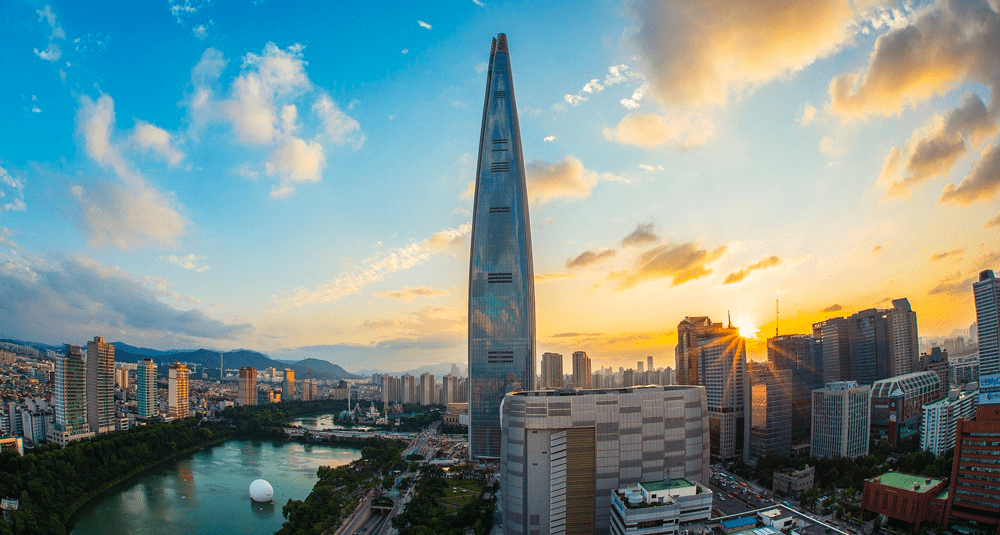What is the capital of South Korea?
Last Updated:
Seoul, the capital of South Korea, is a sprawling, dynamic metropolis with a harmonious blend of centuries-old history, deeply-rooted traditions and effervescent modernity. Located in the north-west of the country, along the Han River, the city has gradually established itself as the political, economic, cultural and technological heart of the nation.
Seoul is not just an administrative capital, it’s the soul of a country which, in the space of a few decades, has undergone dazzling economic development, transforming itself from an agrarian society into one of the world’s leading industrial and technological powers.
Seoul’s historical legacy is reflected in its rich architectural heritage. Royal palaces such as Gyeongbokgung, Changdeokgung and Deoksugung, once the seat of power of the Joseon dynasty, bear witness to the refinement and precision of Korean craftsmen over the centuries. Carefully restored, these buildings offer visitors a glimpse into the royal life of yesteryear and a better understanding of Korea’s political and cultural evolution. Seoul also boasts a myriad of museums and art galleries, including the National Museum of Korea, which houses historical and archaeological treasures, and the Museum of Modern and Contemporary Art, which reflects local contemporary creativity.
This metropolis has never stopped reinventing itself. Today, Seoul is renowned for its technological advances, ultra-fast Internet connectivity and leading position on the international innovation scene. Business districts such as Gangnam and Yeouido have become global financial centers, housing the headquarters of South Korean economic giants such as Samsung, LG and Hyundai. The energy and modernity emanating from these districts contrasts nicely with more traditional neighborhoods such as Insadong, where handicrafts, wooden houses (hanoks) and tea rooms rub shoulders with art galleries and antique stores.
Seoul is also a cultural melting pot not to be missed. The Hallyu, or Korean wave, which has conquered the world, finds fertile ground here. K-pop, Korean cinema and TV series are broadcast from Seoul, captivating a global audience and inspiring a thriving cultural tourism industry. Visitors flock to experience the unique ambience of Seoul’s musical districts, attend concerts and film festivals or simply discover the local gastronomy, which goes far beyond the famous kimchi. Traditional markets such as Namdaemun and Gwangjang are brimming with authentic flavors, while Michelin-starred restaurants offer gourmet cuisine that reinvents the classics.
The city of Seoul attaches great importance to its urban environment. For some years now, the capital has been implementing policies aimed at improving the quality of life of its inhabitants. The most striking example is the rehabilitation of the Cheonggyecheon stream, once covered with roads. Today, this restored waterway offers a green haven of peace in the heart of the city, where pedestrians, cyclists and families enjoy a relaxing setting amidst the buildings. Parks such as Namsan Park and Seoul Forest, as well as the surrounding mountains, provide an escape from the hustle and bustle of the city.
Internationally, Seoul is a major player. It regularly hosts diplomatic summits, conferences, world exhibitions and international sporting events. With its dynamism, adaptability and role model for many metropolises, Seoul has confirmed its place among the great global cities of the 21st century.
Seoul has established itself as the capital of South Korea, a place where an age-old past meets an innovative future, perfectly illustrating the richness, complexity and diversity of Korean culture.
You may also be interested in
geography

What is the capital of South Korea?
Answer
The capital of South Korea is Seoul, a huge, dynamic metropolis that combines ancient traditions, cultural innovation and high-tech modernity.